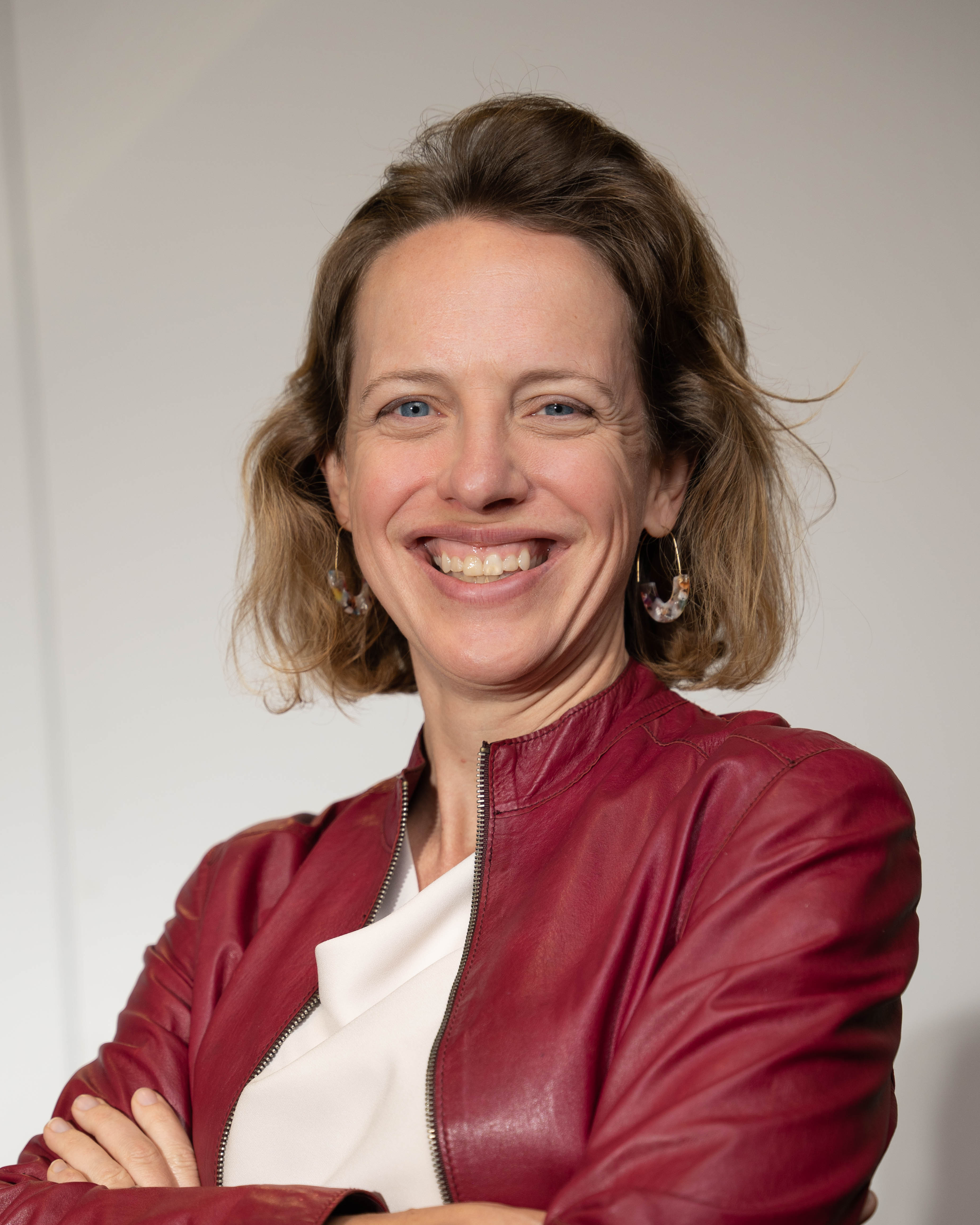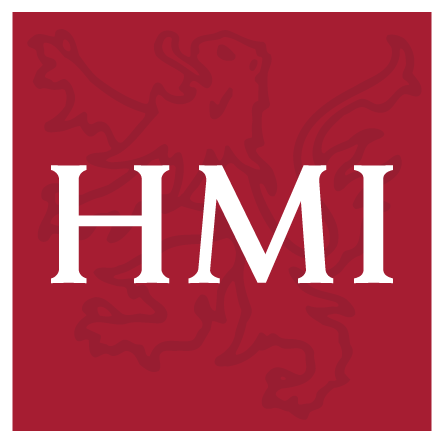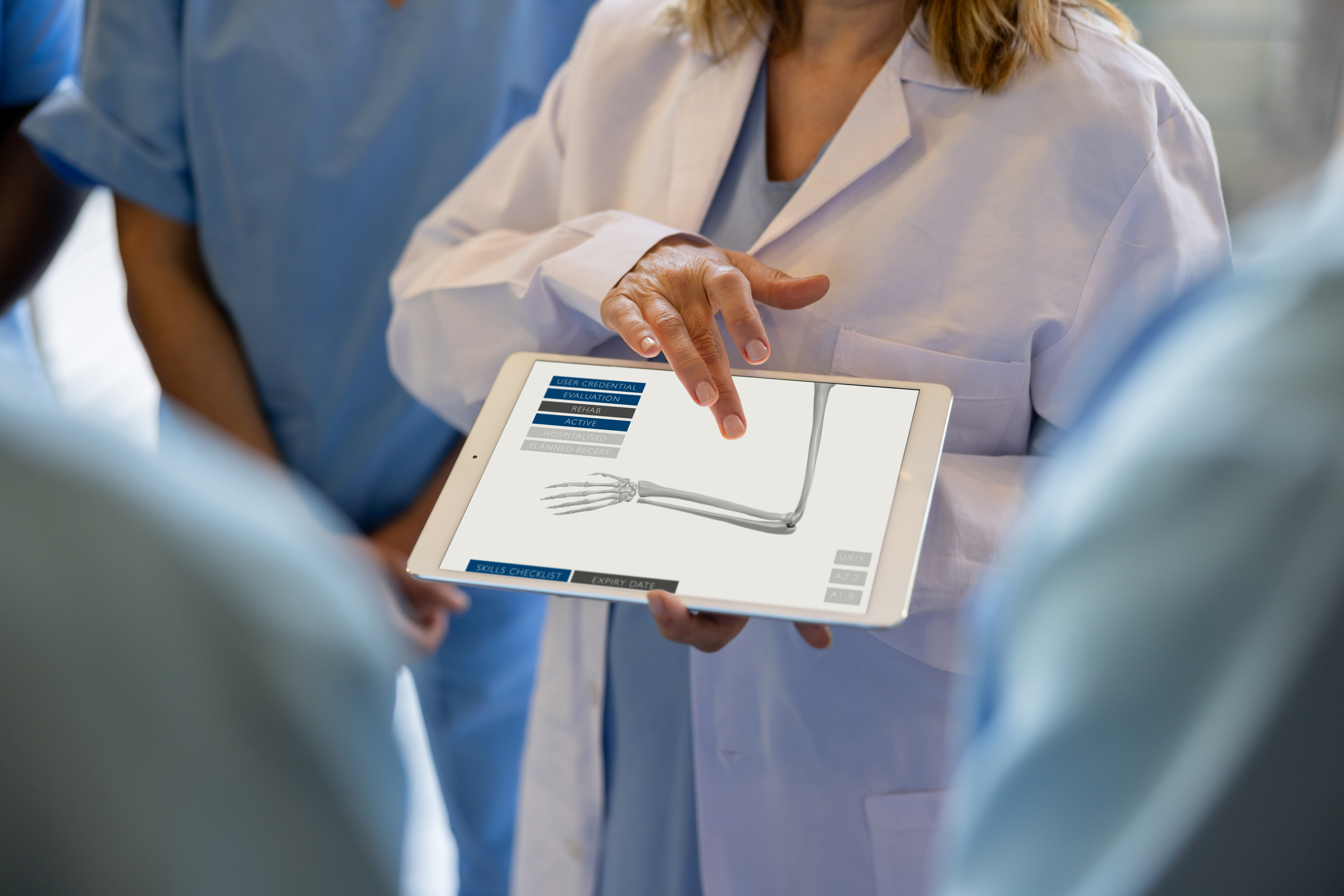The Program for Educators in Health Professions brings together scholars from across the globe annually in October, May and throughout the year. In this blog post, we interview Holly Gooding, MD, MsC, a course director for the program, to explore her experience teaching the course throughout the years.
Harvard Macy Institute: How long have you been a course director? What compels you to continue teaching the course year after year?
I have been the co-director of the Harvard Macy Program for Educators in Health Professions since 2017. This course is my professional home. It is where I got my start as a medical educator back in 2010. I get nourishment from teaching every year and the community inspires me to return year after year.
Harvard Macy Institute: How has the course evolved over the years you have taught?
We are always working on continuous improvements to keep the program as current and relevant as possible. Over the past several years we restructured the course with a focus on enhancing the visibility of the major themes throughout the program for our scholars. The biggest evolution we have had was moving the course to virtual due to the COVID-19 pandemic. That was an exciting change because it tested us pedagogically to see how we could implement the same active experiential learning that Harvard Macy is known for in the virtual environment. The other HMI course co-directors, including Elissa Hall, Traci Wolbrink, and Neil Mehta of the Transforming your Teaching using Technology course and Josh Nagler and Derek Van Bever of the Leading Innovations course, gave us a lot of help. It was a lovely way of getting together and brainstorming with the other faculty directors of the Harvard Macy programs as we were responding together.
Harvard Macy Institute: What has been your favorite part about teaching this course?
My favorite part about teaching this course is the scholars who come to learn from us. Since the course is rooted in experiential learning, we are always asking people to take what we are teaching them and anchor it in challenges that they might be facing at their home institutions. We also ask them to bring their new ideas about how to solve those problems in conjunction with what we are teaching them. The participants who take the course bring so much to the table. We have people from all over the world who work in different settings, and they bring to the program some very interesting ideas, many of which I end up trying out in my own teaching or in my own home institution.
Harvard Macy Institute: Because of the pandemic, the course was held virtually for several years but is now moving back to a live, in-person format. How does the format change the way the course is implemented?
We rely heavily on active learning at HMI, so we had to figure out how to execute that well in a virtual format. This is something that we continue to evolve. With five consecutive days of intensive learning virtually in the first week of our Educators program now, we work hard to ensure that there are varied formats and that we integrate numerous connection points. Engaging in collaborative brainstorming in a virtual setting using tools such as Padlet, Google Docs, Zoom, and more have proven to be very successful. We use the same pedagogical techniques but find alternative virtual ways to implement those methods. We are very intentional about how we use the in-person format in May. One of the things we are doing is dedicating an entire half day to sending people throughout the Harvard Medical School ecosystem to physically tour and learn from some of the great educational spaces that we have at Harvard. I am excited that we are going back in person so we can take advantage of those physical spaces and do the small group learning we are known for in person.
Harvard Macy Institute: What do you see as the most important new trend in medical education?
I think it is artificial intelligence. It is the challenge we are all wrestling with: how we as educators use AI to teach, and how students utilize AI for learning. More importantly, we need to be asking what we need to teach and what our learners need to know in terms of factual knowledge now that AI is a part of our world. I think that Harvard Macy is the perfect place to be when it comes to trying to figure out the future of medical education.
Harvard Macy Institute: Among the myriad of learning opportunities that are offered to health professions educators, how does this course stand out?
I think HMI is about the community. Our programs really do create a lifelong community intentionally through their design. We invite people who have taken the course as scholars to apply to come back to teach with us as faculty. Almost all of our faculty are alumni who have taken the program before. Many of them come back year after year to be a part of this community. That just speaks to what a community of practice this program is. Often after the course, our scholars and faculty will work on projects together, meet up at international meetings, and visit each other's home institutions. I think that is quite unique in the health professions education landscape. We look forward to welcoming many more educators and leaders into our HMI community.
Did you know that the Harvard Macy Institute Community Blog has had more than 380 posts? Previous blog posts have interviewed scholars including Jennifer Graber and Chase Findley.

Holly Gooding, MD, MSc (Educators ’10, T3 ’15, Leaders ’16, Systems ‘20) is an Associate Professor of Pediatrics and Associate Dean for Professional Development at Emory University School of Medicine. Holly’s areas of professional interest include evidenced-based teaching and fostering professional development and lifelong learning. Holly can be contacted via LinkedIn.
HMI Staff


